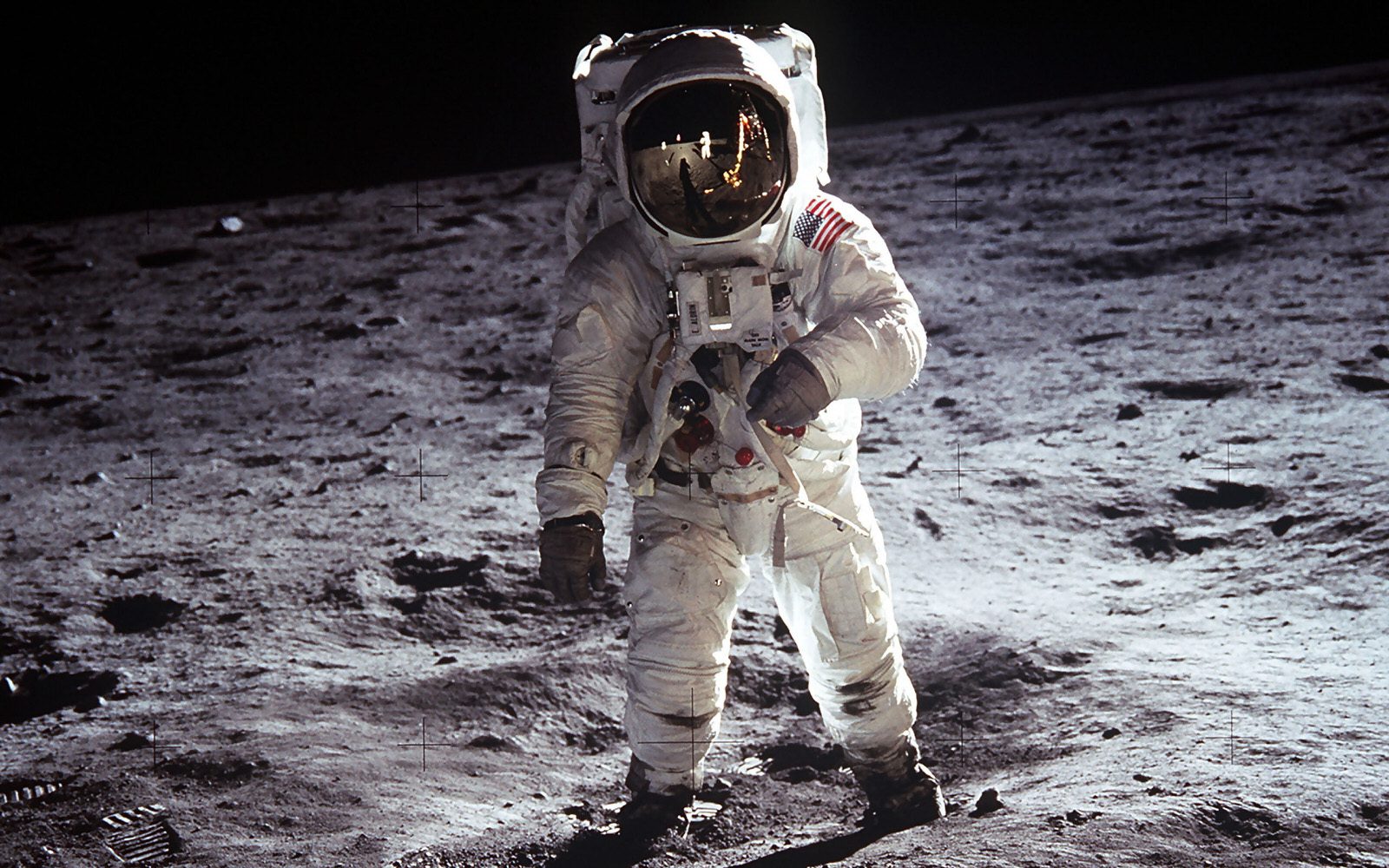This content highlights the significant impact of ten influential historical figures on the course of history. From Julius Caesar’s role in the rise of the Roman Empire to Mahatma Gandhi’s leadership in India’s fight for independence, each individual made a lasting impact on their respective countries and the world. Figures like Nelson Mandela, Winston Churchill, Abraham Lincoln, and Margaret Thatcher also played vital roles in shaping the political landscapes of their nations. Additionally, leaders like Franklin D. Roosevelt, Catherine the Great, Deng Xiaoping, and Elizabeth I implemented crucial reforms and policies that transformed their countries and left a lasting legacy.
1. Julius Caesar
Julius Caesar was a Roman general and dictator who played a critical role in the events that led to the demise of the Roman Republic and the rise of the Roman Empire. He implemented many reforms that transformed Rome into a powerful empire and significantly expanded its territory through military conquests.
2. Mahatma Gandhi
Mahatma Gandhi was a political and spiritual leader in India who played a crucial role in the country’s struggle for independence from British rule. Through nonviolent civil disobedience, he inspired millions of Indians to join him in his fight against colonial oppression, ultimately leading to India’s independence in 1947.
3. Nelson Mandela
Nelson Mandela was a South African anti-apartheid revolutionary and political leader who served as the country’s first black president from 1994 to 1999. He played a vital role in bringing an end to apartheid in South Africa and promoting reconciliation between different racial groups in the country.
4. Winston Churchill
Winston Churchill was a British statesman who served as the Prime Minister of the United Kingdom during World War II. His leadership and inspiring speeches played a crucial role in rallying the British people and their allies against the Axis powers, leading to victory in the war.
5. Abraham Lincoln
Abraham Lincoln was the 16th President of the United States who led the country through the American Civil War and played a pivotal role in ending slavery in the United States. His leadership during one of the country’s darkest periods solidified his place as one of America’s greatest presidents.
6. Margaret Thatcher
Margaret Thatcher was the first female Prime Minister of the United Kingdom and served from 1979 to 1990. Known as the “Iron Lady,” she implemented conservative economic policies that transformed the British economy and reshaped the country’s political landscape.
7. Franklin D. Roosevelt
Franklin D. Roosevelt was the 32nd President of the United States who led the country through both the Great Depression and World War II. His New Deal policies helped lift the nation out of economic hardship, and his leadership during the war was crucial in defeating the Axis powers.
8. Catherine the Great
Catherine the Great was the Empress of Russia who ruled from 1762 to 1796 and is credited with modernizing the country and expanding its borders. During her reign, Russia became a major European power and underwent significant cultural and political changes.
9. Deng Xiaoping
Deng Xiaoping was a Chinese politician who played a key role in modernizing China’s economy and opening up the country to foreign investment. His economic reforms transformed China into a global economic powerhouse and paved the way for its rapid growth and development.
10. Elizabeth I
Elizabeth I was the Queen of England and Ireland from 1558 to 1603 and is considered one of the greatest monarchs in British history. Her reign was known as the Elizabethan Era, a period of economic prosperity, cultural flourishing, and naval dominance that laid the foundation for the British Empire.
